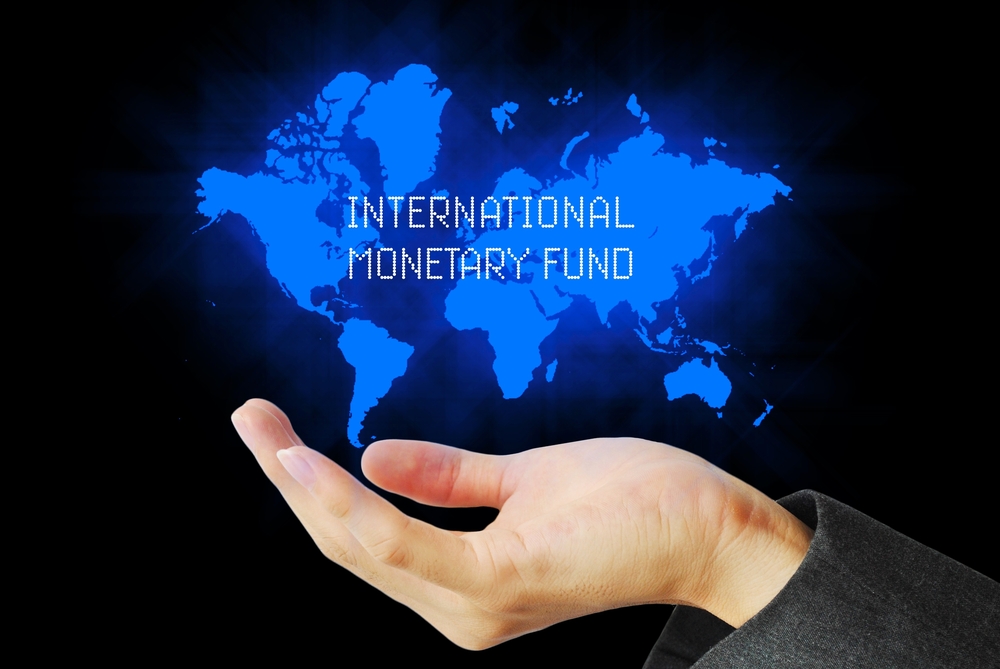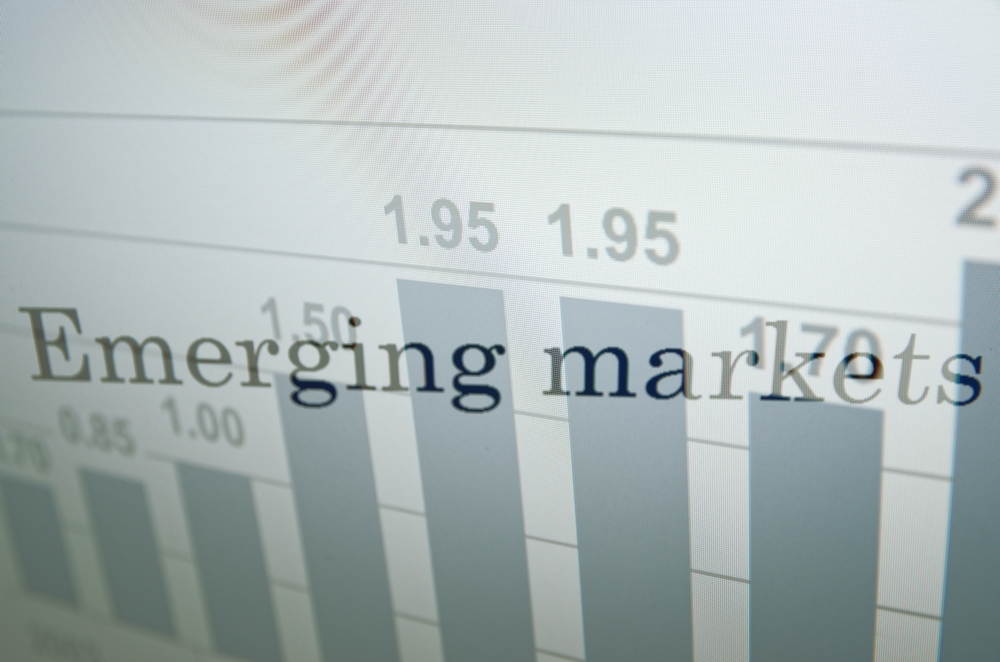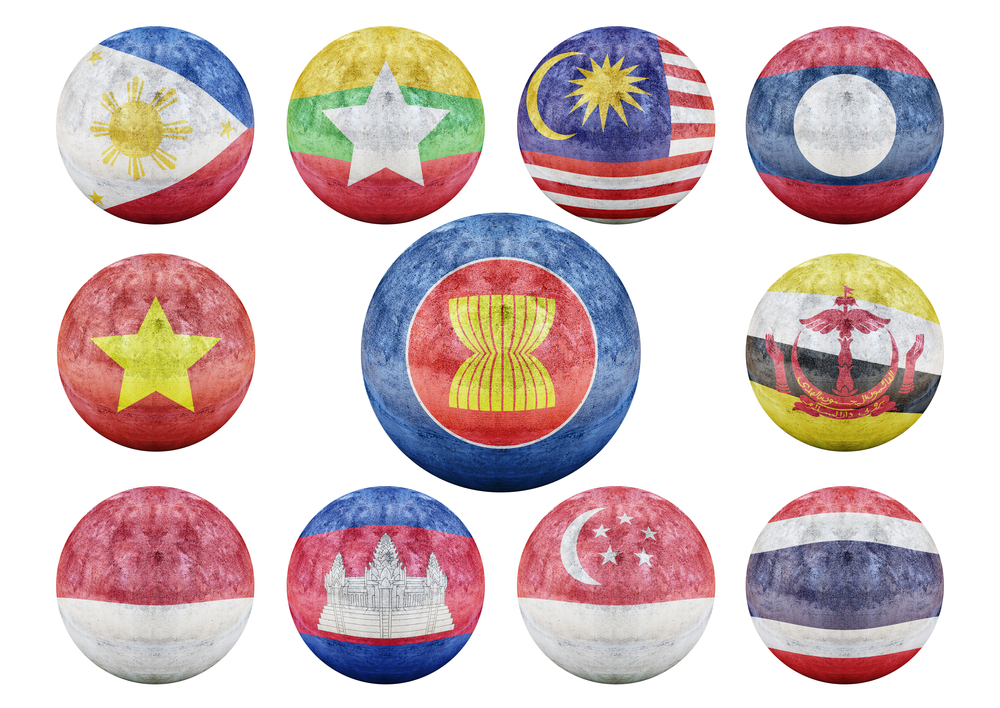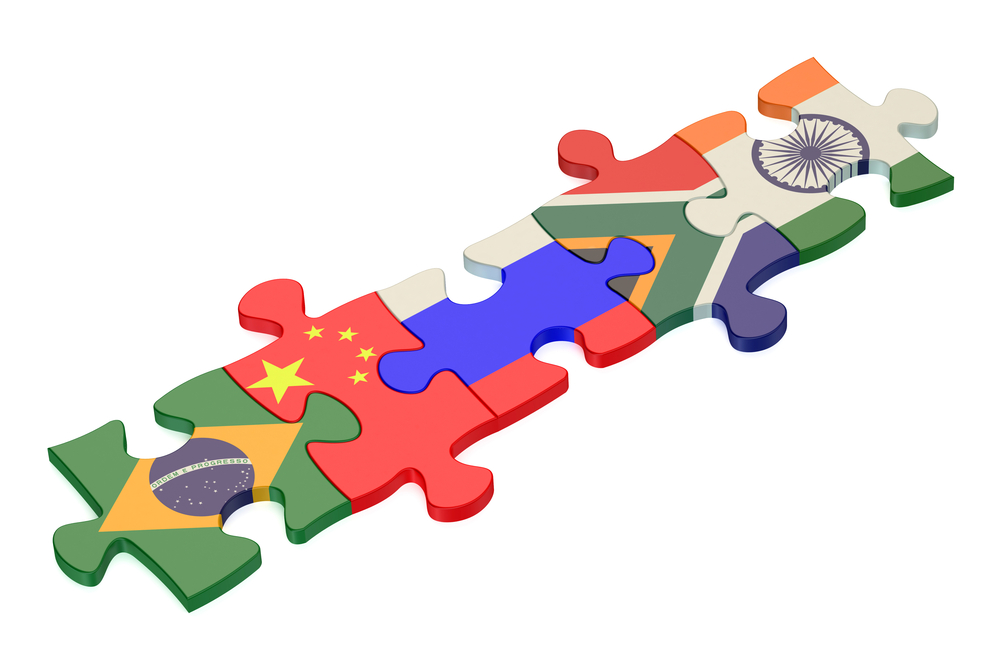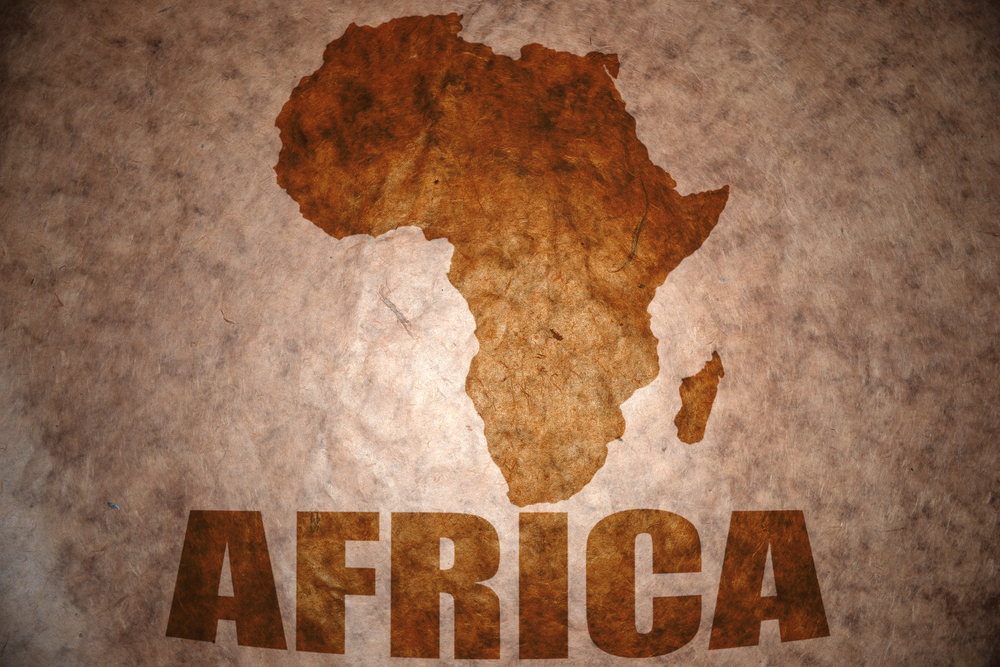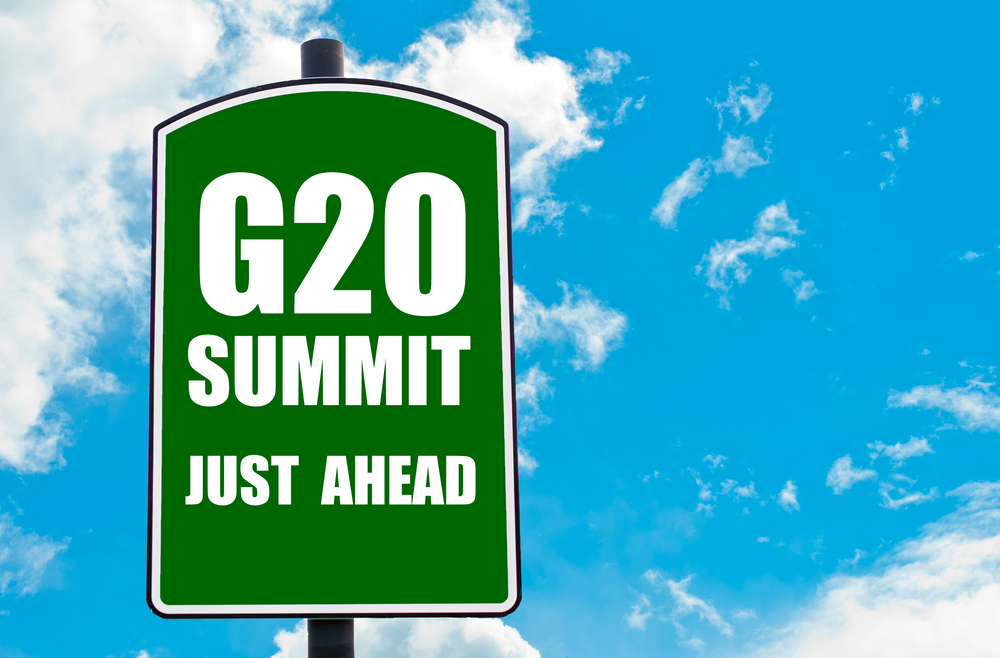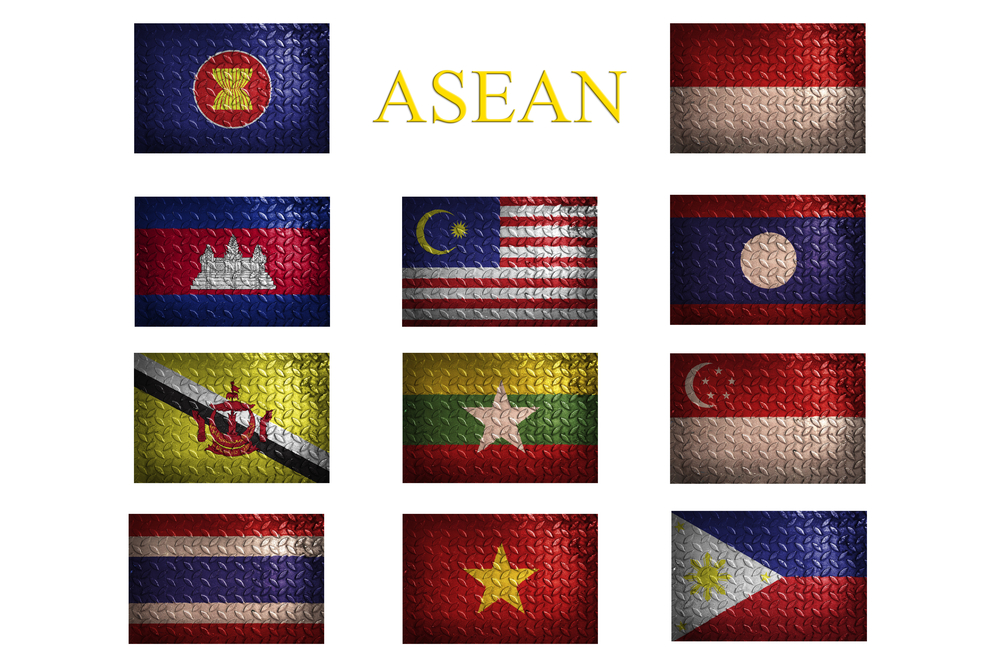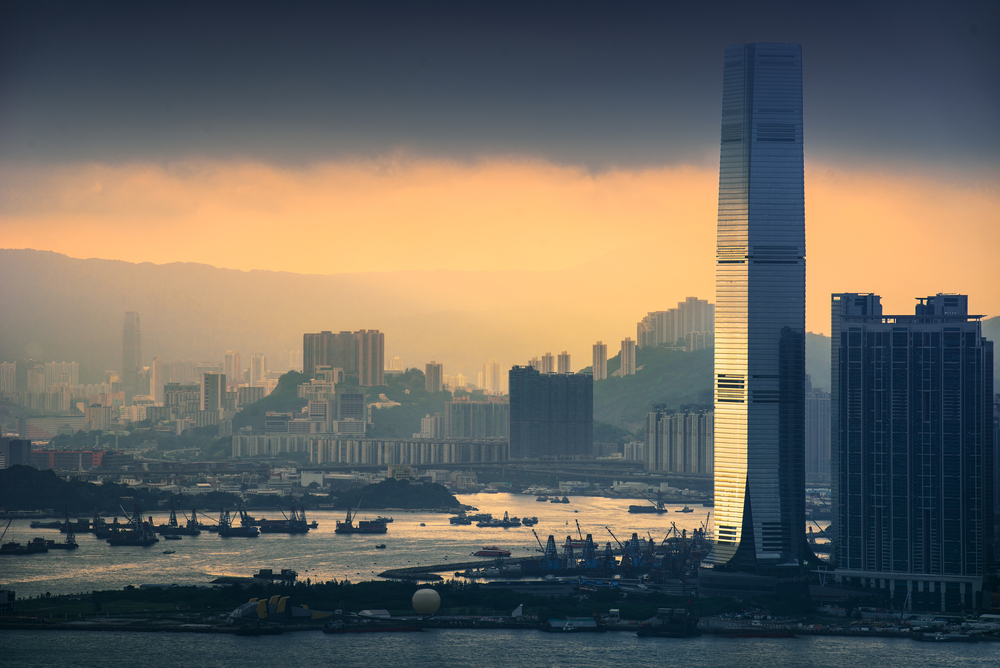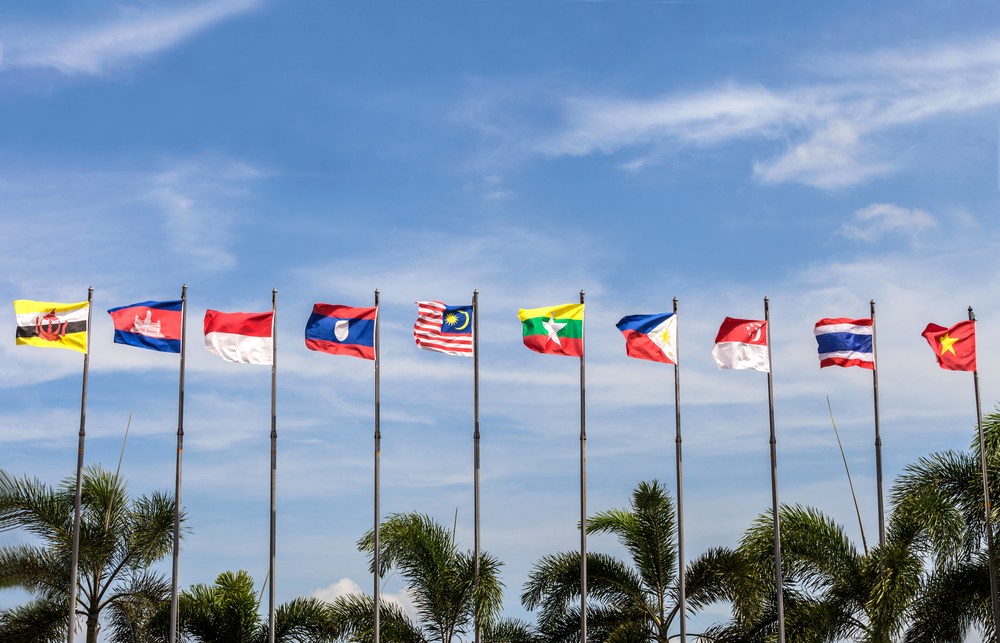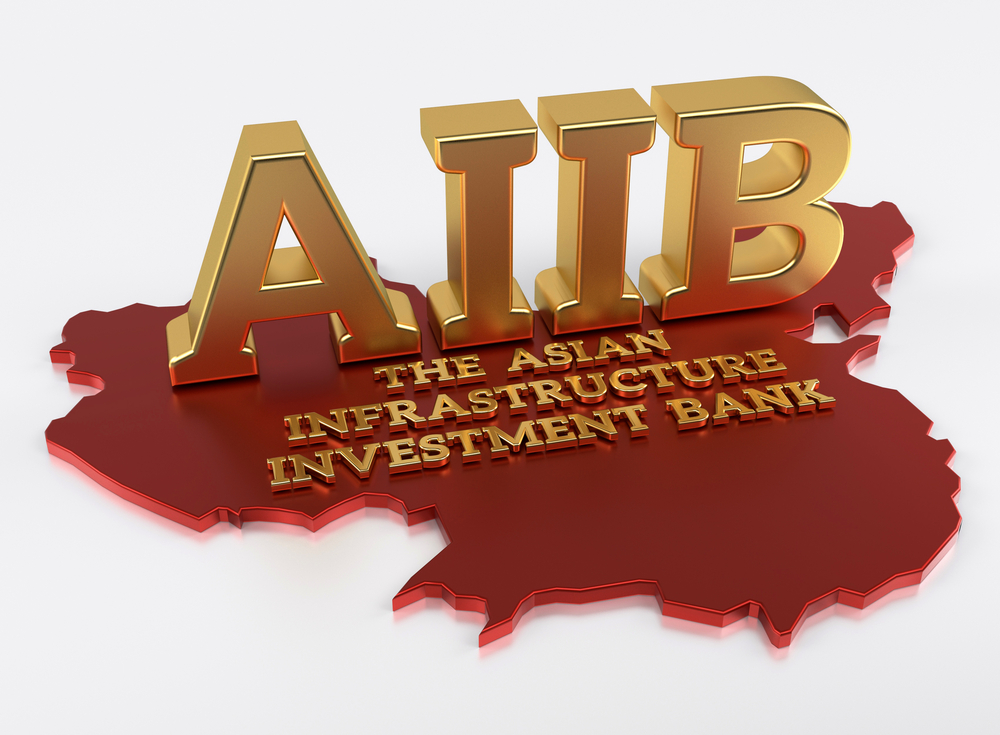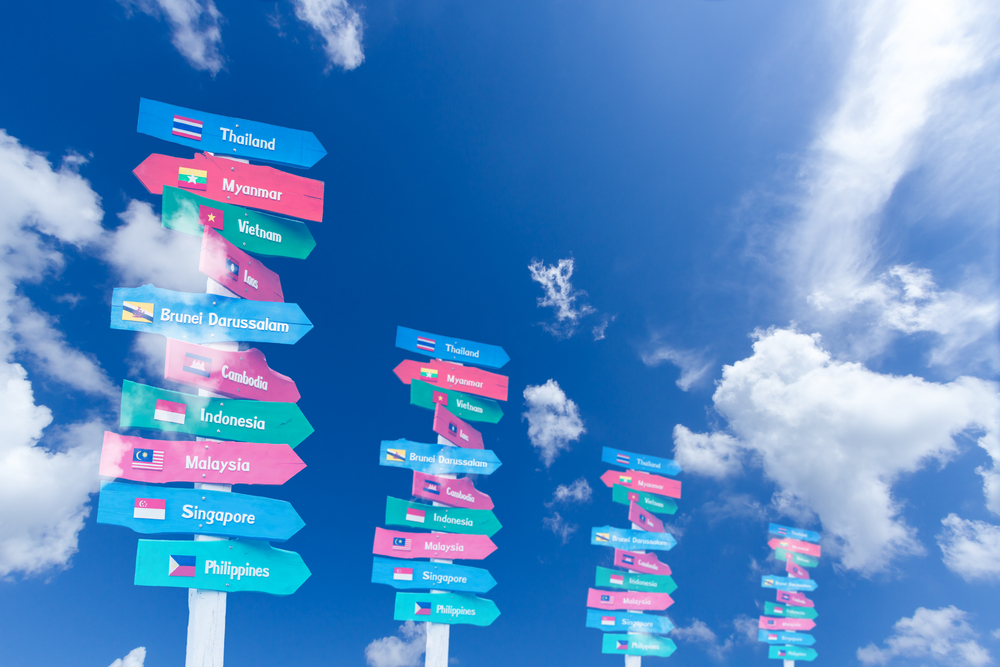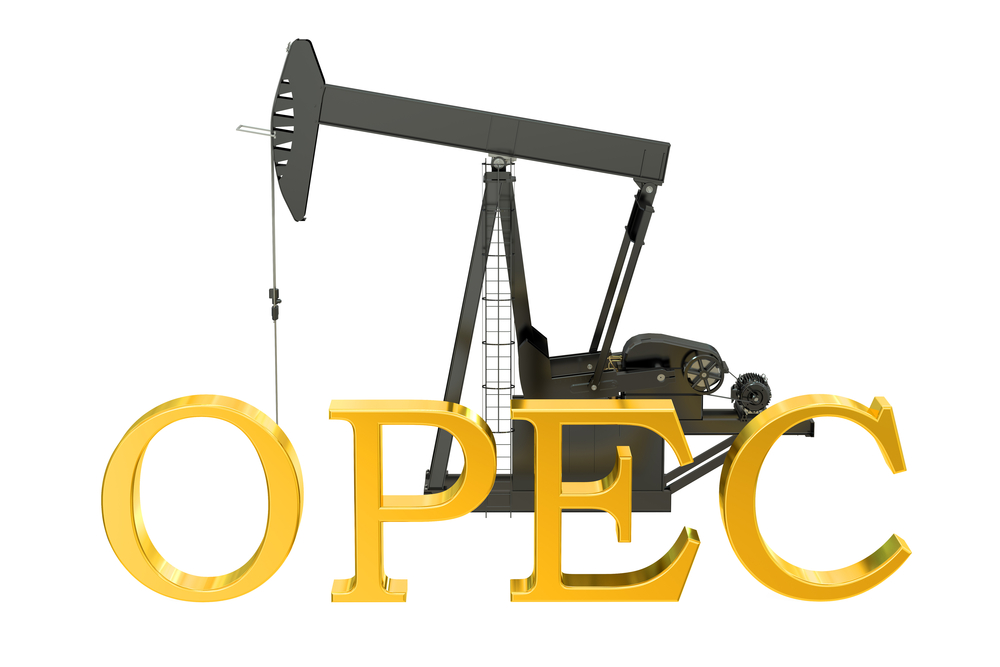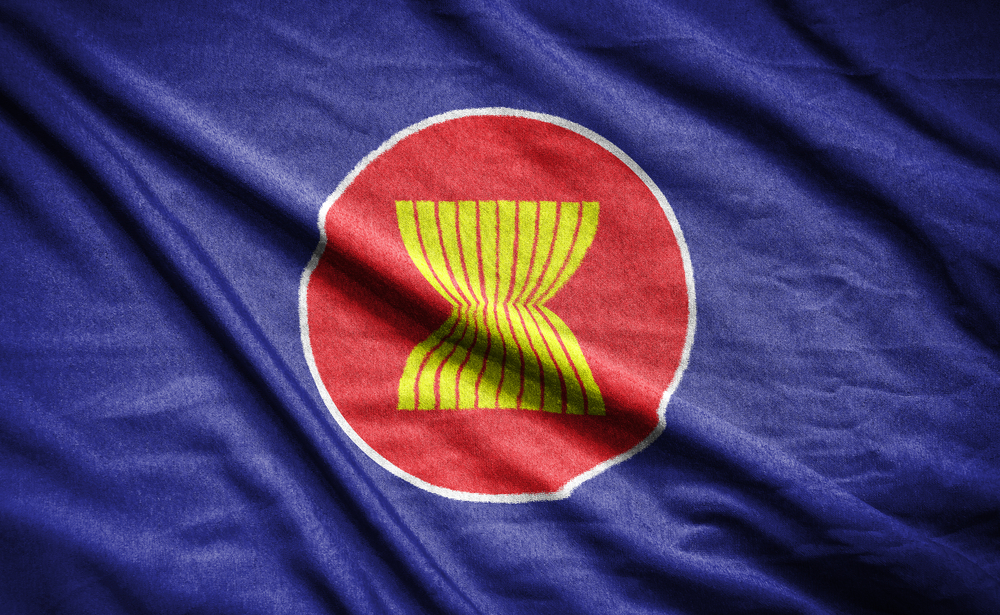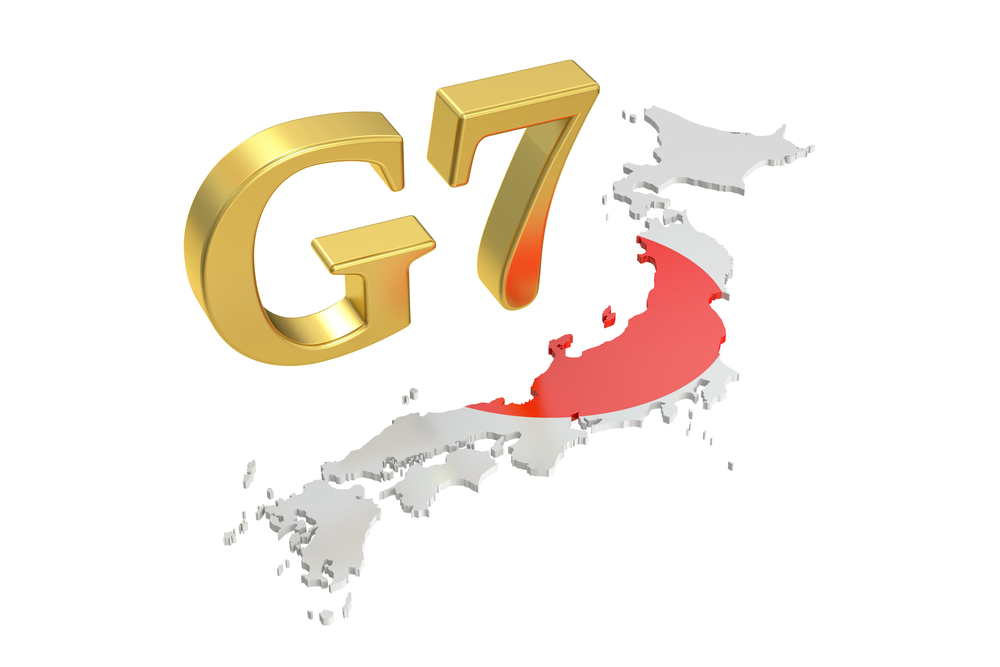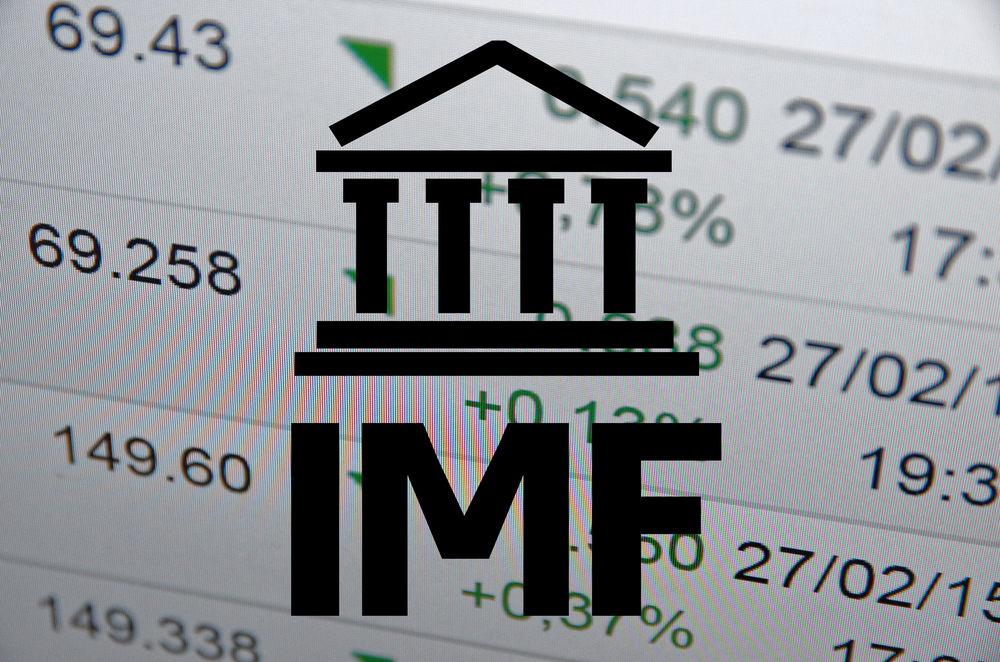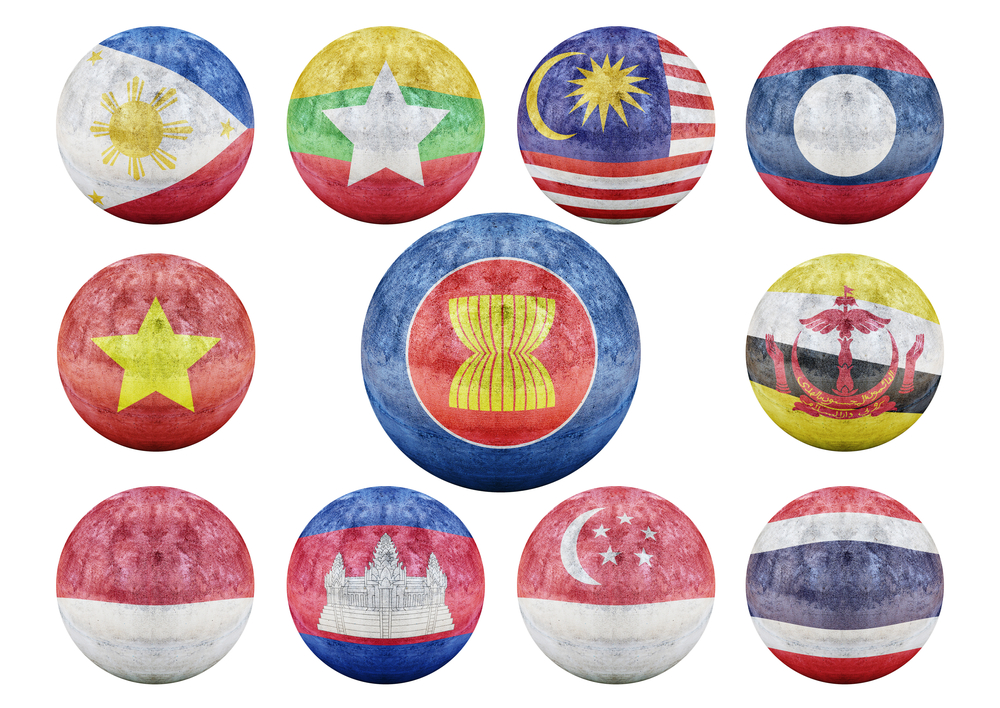Featured Articles
China in the G20 Spotlight
The G20 has become the key vehicle for implementing and promoting global economic governance. China is set to host this year’s G20 summit in Hangzhou on 4–5 September. What can we expect from the G20 under China’s leadership? The G20...
Can Africa Benefit from a Greater G20 Role?
As China assumes leadership in the grouping, Beijing a wants greater role for Africa and the developing world in the G20. When China’s Foreign Minister Wang Yi spoke in the Hangzhou Summit in May, he made it clear that Beijing...
How will the G20 Work in a Multi-polar World?
More than seven decades after 1945, international multilateral organizations continue to represent the victors of World War II, not the economic powerhouses of the 21st century. However, change is in the air. More than seven decades after 1945, international multilateral...
Is ASEAN Sinking in the South China Sea?
The Permanent Court of Arbitration (PCA) judgement on the South China Sea ruled that there is no legal basis for Chinese ‘historical rights’ within its claimed nine-dash line. China did not accept the judgement and has instead continued its maritime...
China’s G20 Mission should be Clear
In December 2015, China announced that its priorities for the upcoming G20 Hangzhou summit were to make the global economy more innovative, invigorated, interconnected and inclusive. However, China is struggling to deliver practical outcomes in these areas because many of...
ASEAN Tries to Hold it Together
Clouded by controversy even before it began, the recently concluded 49th ASEAN Foreign Ministers’ Meeting (AMM) in Vientiane, Laos was conspicuous for two things: who was and was not present; and, perhaps more importantly, what was and was not discussed....
The Philippines and China Look to the AIIB
The Philippines’ new President Rodrigo Duterte has indicated that China could play a key role in developing the Philippines’ infrastructure. Even before the election, Duterte announced that he is willing to back down on the South China Sea dispute with...
ASEAN’s Diversity Challenge
As 2015 ended, members of ASEAN announced the realisation of the ASEAN Community, although it shall remain a ‘work in progress’. The ASEAN Community idea sets a roadmap for continuing the work of regional integration over the next decade. As...
ASEAN+3 Strengthens its Surveillance Unit’s Powers
The first half of 2016 saw two notable steps in the development of regional financial institutions in Asia. The first occurred on 9 February 2016 when the ASEAN+3 Macroeconomic Research Office (AMRO), the independent surveillance unit of the ASEAN+3 countries,...
G7 Initiatives likely can’t Overcome Desynchronized Business Cycles
The G7 heads of state summit has begun. The host, Japan's Prime Minister Abe began with doom and gloom. Accounts suggest he warned of the risk of a crisis on the scale of Lehman if appropriate policies are not taken. ...
OPEC: Let the Bickering Continue
The next OPEC meeting on 2 June will act as little more than a forum for continued altercations between Saudi Arabia and Iran. The 2 June 2016 OPEC meeting will be held amid a backdrop of oil prices near $50 per...
ASEAN can still Influence the TPP and OBOR
In 2016, Southeast Asia has found itself engaged in proactive regional initiatives led by major powers. The recently signed, but still to be ratified, US-led Trans-Pacific Partnership (TPP) is one attempt, while China’s land-based ‘Silk Road Economic Belt’ and ‘21st...
Prioritizing the G7 Countries’ Priorties
Later this month, Japan will host the 42nd G7 summit. One point of discussion will be Japan’s plan to increase its consumption tax in April 2017. Nobel laureates Paul Krugman and Joseph Stiglitz have come out against this plan, arguing...
ASEAN+3 Could Find a Friend in the IMF
ASEAN+3 (the ASEAN members plus China, South Korea and Japan) was born from the ashes of the Asian financial crisis and the IMF’s response to it. It’s no secret that displeasure — if not hostility — to the policy prescriptions...
The ASEAN Regional Forum Needs to be More than Crisis Management
Over 20 years ago, the ASEAN Regional Forum (ARF) was founded to address highly sensitive and contentious political and security issues in Asia. Its objective was to develop confidence-building measures and, in time, preventive diplomacy with an ultimate goal of...


